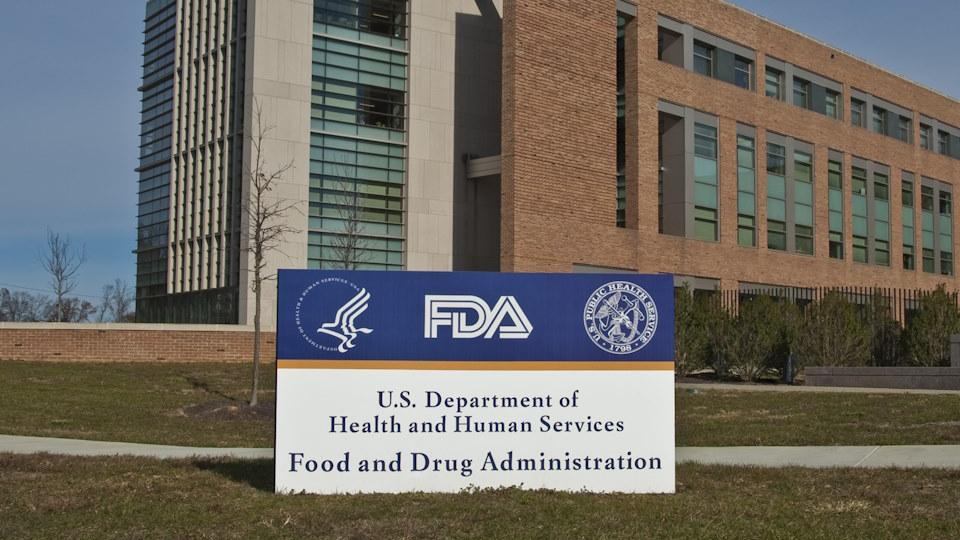FDA launches wide probe into CAR-T therapy safety

The FDA has announced it will start an investigation into the safety of CAR-T therapies, after becoming concerned that they may be linked to the development of T-cell cancers.
The probe is directed at all CAR-Ts currently on the US market, including those that target CD19, as well as BCMA, which are used to treat a range of haematological malignancies, such as various forms of non-Hodgkin’s lymphoma, acute lymphoblastic leukaemia (ALL), and multiple myeloma.
In a statement, the FDA said it had received reports of T-cell malignancies – including chimeric antigen receptor (CAR) positive lymphoma – in patients who had received both types of CAR-T therapy.
The regulator highlighted the products by name, including Bristol-Myers Squibb’s Breyanzi (lisocabtagene maraleucel) and 2seventy bio-partnered Abecma (idecabtagene vicleucel), Johnson & Johnson/Legend Biotech’s Carvykti (ciltacabtagene autoleucel), Novartis’ Kymriah (tisagenlecleucel) and Gilead/Kite’s Yescarta (axicabtagene ciloleucel) and Tecartus (brexucabtagene autoleucel).
“Although the overall benefits of these products continue to outweigh their potential risks for their approved uses, FDA is investigating the identified risk of T cell malignancy with serious outcomes, including hospitalisation and death, and is evaluating the need for regulatory action,” said the regulator.
It points out that all autologous CAR-Ts, like other gene therapy products, use integrating vectors like lentiviral or retroviral vectors to modify cells in order to confer a therapeutic effect, such as targeting specific cancer cells. That means there is a theoretical risk of off-target insertions, which could introduce mutations that, in turn, may lead to cancer.
The investigation is notable in that all the approved CAR-Ts already include warnings of secondary malignancies on the labelling, and their approvals include a commitment to conduct 15-year long-term follow-up observational safety studies to assess their long-term safety and the risk they may cause cancer.
“Patients and clinical trial participants receiving treatment with these products should be monitored life-long for new malignancies,” said the FDA’s alert.
The announcement barely affected the share prices of the companies with CAR-Ts already on the market, but some others working on experimental CAR-Ts were hit, particularly those working on developing the technology for other non-cancer indications like autoimmune disease, where the risk-to-benefit threshold could be more difficult to meet.
Among these was Cabaletta Bio, working on a CAR-T therapy for lupus and other immunological disorders, whose shares lost around a third of their value following the announcement, while Gracell went down 17% and Cartesian Therapeutics fell 7%.
A spokesperson for Gilead said: "We are confident in the overall safety profile of both Tecartus and Yescarta, having treated 17,700 patients to date, in both clinical trials and in the commercial setting.
"There is no evidence to date that treatment with Yescarta or Tecartus has a causal role in the development of new malignancies. We have a rigorous process in place to continuously monitor for and report adverse events to regulatory authorities. We have fully cooperated with the FDA’s request for an analysis of our data related to this inquiry."
BMS, meanwhile, said it has "treated more than 4,700 patients across clinical and commercial settings with Abecma and Breyanzi, which use only lentiviral vector. To date, BMS has not observed any CAR-positive T-cell malignancy cases, and therefore, we have not found a causal relationship between our products and secondary malignancies.
"Patient safety is a top priority for BMS, and we remain confident in the safety profile and clinical value of our cell therapies. We are collaborating with the FDA in its ongoing investigation and are responding to FDA’s requests for information."
Novartis said that since its first approval in the US in 2017, more than 10,000 patients have been treated with Kymriah, adding: "There is no evidence to date that would change our confidence in Kymriah’s benefit/risk profile. As part of our continuous safety monitoring, Novartis has not identified a causal relationship between Kymriah and secondary malignancies. We are fully committed to patient safety and will continue to work with the [FDA]."
A J&J spokesperson told pharmaphorum that the company is "committed to the health and safety of the patients who use our products. As part of post-CAR-T therapy safety and surveillance, regulatory agencies require testing of secondary primary malignancies in patients receiving cell and gene therapies both in clinical research and in the commercial setting.
"We have shared our data with the FDA and are working with the agency as they assess this newly identified class-effect safety signal. To date, more than 2,000 patients have been treated with Carvykti worldwide, and the overall benefit-risk profile of Carvykti remains favourable."













